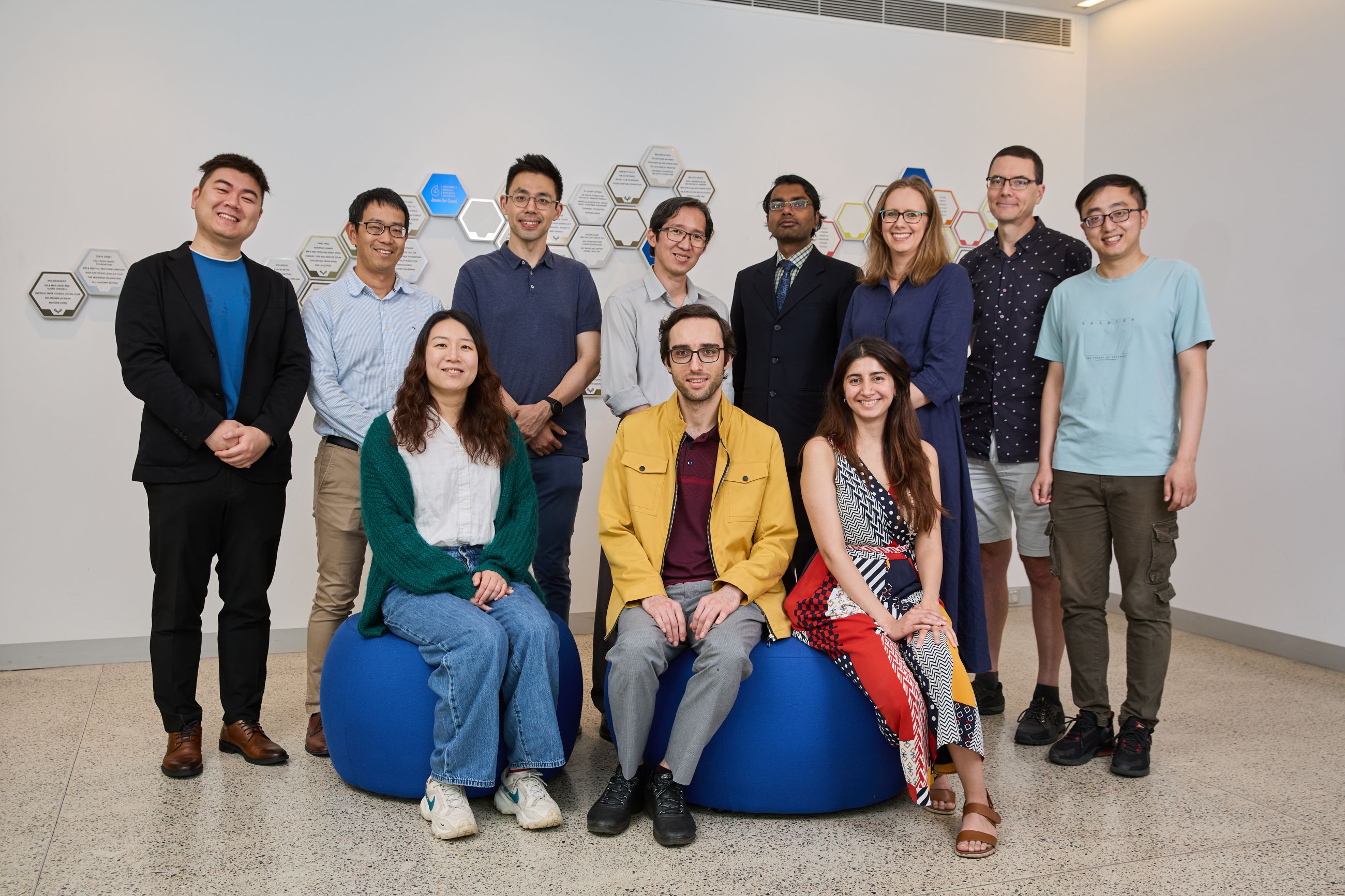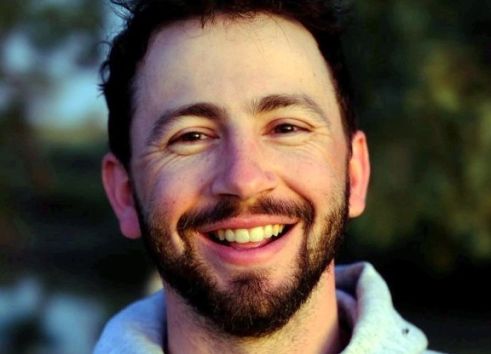Research Overview
The mission of the ProCan Cancer Data Science team is to analyse multi-omic data to answer clinically relevant pan-cancer research questions and publish high impact peer-reviewed publications in collaboration with world leading collaborating cancer researchers and organisations.
The team possesses expertise in machine learning, bioinformatics, computational biology, statistics, proteogenomics and cancer biology.
The key challenge and main contribution of the Cancer Data Science Team is to deal with the enormous amount of data generated by our Proteomics and Computational pipelines and 'mine' it to answer clinical questions and make scientific discoveries. Cancer Data Science group aims to translate life scientists’ needs and wants into computational methods and lead researchers of various backgrounds on new discovery journeys, thus maximising scientific outputs in a synergistic way.
Some of the key achievements of the team include investigation of the degree of inter-instrument and temporal variation in the proteomic profiles of cancer tissues over a long period and developed new methods for data normalization to improve reproducibility, enabling the integration of temporally disparate data generated by six mass spectrometers operating 24/7. The research findings were published in Nature Communications (Poulos et al, 2020). The paper was featured in a special collection on Biological Mass Spectrometry in Nature Communications, to mark the 10th anniversary of the Human Proteome Project.
The team has analysed more than forty ProCan biomedical projects since 2018, including lung, ovarian, prostate, breast, head and neck, skin, brain (paediatric and adult) and pancreas. They are now developing novel methods for merging proteomic datasets. They have also conducted other high-impact technical studies and developed enabling technologies.
Team Members

Associate Professor, ProCan Cancer Data Science
Research Projects
Other major focuses of the ProCan Cancer Data Science Group are: big proteogenomic data mining and management; the genome-proteome association analysis and multi-omic data integration for studying cancer; development of advanced statistical tools to account for batch effects caused by large-scale, high throughput proteomics, and implementation of big data-driven, evidence-based computational tools to achieve predictive, preventive, personalised medicine.
We are currently recruiting postdoctoral fellows and staff scientists. We kindly invite interested applicants to submit their CV and Cover Letter to A/Prof Qing Zhong.
We are also on the lookout for PhD, Honours or Master students willing to join the Cancer Data Science Group.
Publications
Srikanth S. Manda, Zainab Noor, Peter G. Hains, Qing Zhong (2021).
Akila J Seneviratne, Sean Peters, David Clarke, Michael Dausmann, Michael Hecker, Brett Tully, Peter G Hains and Qing Zhong (2021). Bioinformatics btab563.
Rebecca C. Poulos, Peter G. Hains, Rohan Shah, Natasha Lucas, Dylan Xavier, Srikanth S. Manda, Asim Anees, Jennifer M. S. Koh, Sadia Mahboob, Max Wittman, Steven G. Williams, Erin K. Sykes, Michael Hecker, Michael Dausmann, Merridee A. Wouters, Keith Ashman, Jean Yang, Peter J. Wild, Anna deFazio, Rosemary L. Balleine, Brett Tully, Ruedi Aebersold, Terence P. Speed, Yansheng Liu, Roger R. Reddel, Phillip J. Robinson & Qing Zhong. Nat Commun 11, 3793 (2020). PMID: 32732981
Tully,B., Balleine,R.L., Hains,P.G., Zhong,Q., Reddel,R.R. & Robinson,P.J. (2019) Proteomics 2019, e1900109, PMID:31321850.
Dai X, Gan W, Li X, Wang S, Zhang W, Huang L, Liu S, Zhong Q, Guo J, Zhang J, Chen T, Shimizu K, Beca F, Blattner M, Vasudevan D, Buckley DL, Qi J, Buser L, Liu P, Inuzuka H, Beck AH, Wang L, Wild PJ, Garraway LA, Rubin MA, Barbieri CE, Wong KK, Muthuswamy SK, Huang J, Chen Y, Bradner JE, Wei W. Nature Medicine. 2017 Sep;23(9):1063-1071.
Zhong Q, Guo T, Rechsteiner M, Rüschoff JH, Rupp N, Fankhauser C, Saba K, Mortezavi A, Poyet C, Hermanns T, Zhu Y, Moch H, Aebersold R, Wild PJ. Scientific Data. 2017 Mar 14;4:170014.
Groner AC, Cato L, de Tribolet-Hardy J, Bernasocchi T, Janouskova H, Melchers D, Houtman R, Cato ACB, Tschopp P, Gu L, Corsinotti A, Zhong Q, Fankhauser C, Fritz C, Poyet C, Wagner U, Guo T, Aebersold R, Garraway LA, Wild PJ, Theurillat JP, Brown M. Cancer Cell. 2016 Jun 13;29(6):846-858.
Zhong Q, Rüschoff JH, Guo T, Gabrani M, Schüffler PJ, Rechsteiner M, Liu Y, Fuchs TJ, Rupp NJ, Fankhauser C, Buhmann JM, Perner S, Poyet C, Blattner M, Soldini D, Moch H, Rubin MA, Noske A, Rüschoff J, Haffner MC, Jochum W, Wild PJ. Scientific Reports. 2016 Apr 7;6:24146.
Poyet C, Hermanns T, Zhong Q, Drescher E, Eberli D, Burger M, Hofstaedter F, Hartmann A, Stöhr R, Zwarthoff EC, Sulser T, Wild PJ. Oncology Letter. 2015 Nov;10(5):2753-2760.
Ikenberg K, Valtcheva N, Brandt S, Zhong Q, Wong CE, Noske A, Rechsteiner M, Rueschoff JH, Caduff R, Dellas A, Obermann E, Fink D, Fuchs T, Krek W, Moch H, Frew IJ, Wild PJ. Journal of Pathology. 2014 Oct;234(2):239-52.
Zhong Q, Busetto AG, Fededa JP, Buhmann JM, Gerlich DW. Nature Methods. 2012 May 27;9(7):711-3.
Major Achievements
2020
Lead author on Nature Communications paper demonstrating 'Strategies to enable large-scale proteomics for reproducible research'. Read more.












